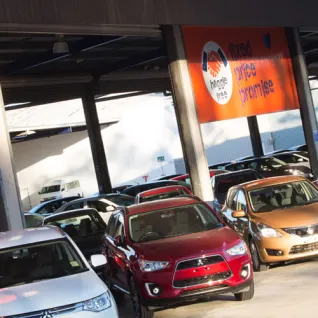
Is Your Car Ready For School Holidays?
Posted in Bigbox Motoring Advice
Published Fri Feb 23 2024
Is Your Car Ready For School Holidays?
With the school holidays upon us, many of us are hitting the road. Before you hop in the car and hit the open road, first ask yourself 'is your vehicle ready?' There is certainly more to think about besides the fuel in your tank and drinks in your esky. That's why we've put together the five most important steps to ensure you hit the road safely!
Is Your Vehicle Servicing Up-To-Date
Following the service schedule in your owner’s manual is the most critical thing you can do to make sure your car will get you to your destination. If you’re caught up, good for you. But if you’ve let a few items slide, go get them taken care of before you head out.
If your car is older and you’re worried about whether it’s up for a trip far from home, consider having a Road Worthy Inspection carried out. Paying for an hour or so of a mechanic’s time could give you a good sense of what might need replacing down the road - or right now.
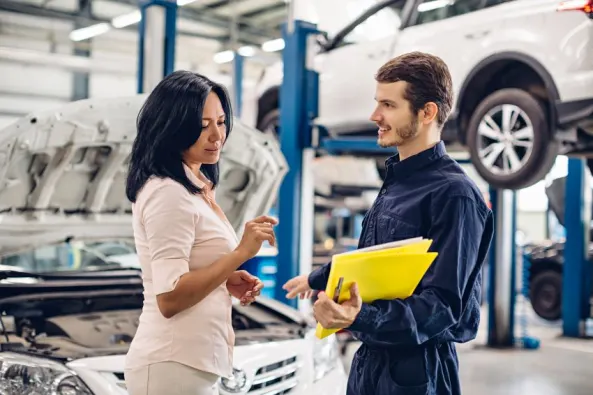
Check Your Tyres
Proper tyre inflation always matters, but before a road trip from home - especially in summer - it matters even more. An underinflated tyre, in addition to cutting your fuel kilometres, will run hotter. Add in sun-baked roads and a heavily loaded car, and you could be at risk of a blowout, according to the National Highway Traffic Safety Administration. Blowouts are the most dangerous problem that pose your tires.
A few more details: Remember to follow the tyre pressures listed on your car, whether in the owner’s manual or on a decal on the car itself (often in a door jamb or under the fuel-filler door). Recommended pressures are for cold tires, not ones that have been driven on for more than a handful of miles or have sat in the sun. If you do have to fill hot tyres, add an extra 2 PSI.
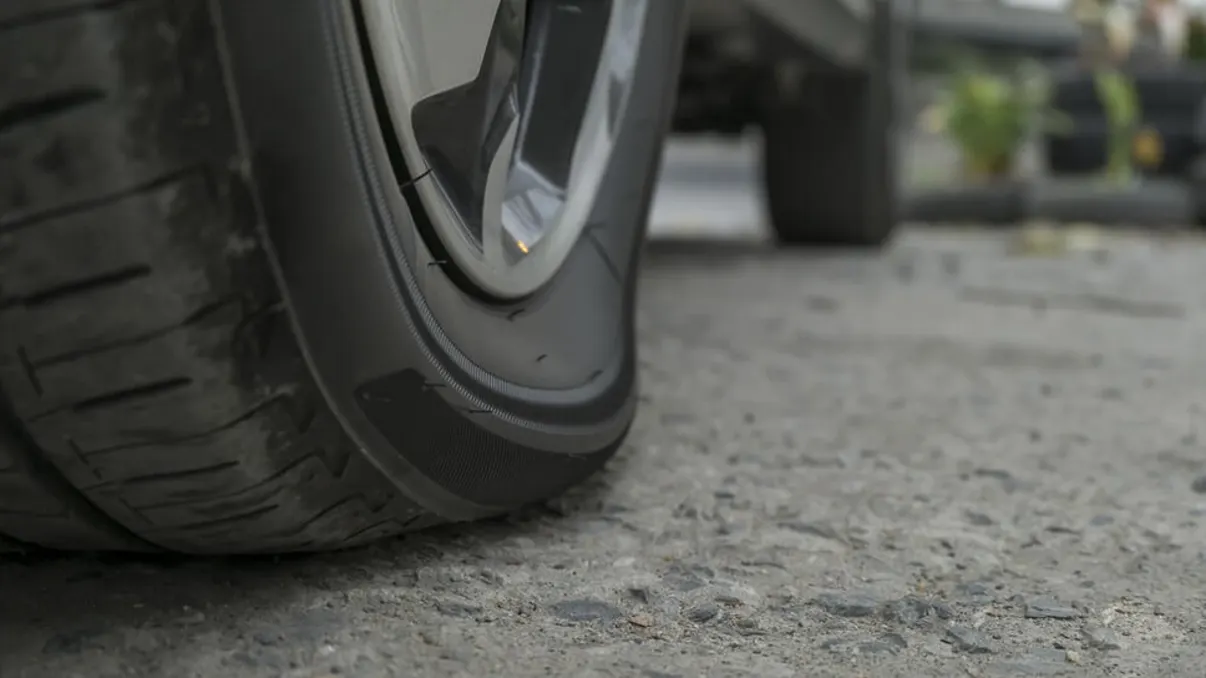
Load Up Safely
Even with properly inflated tyres, there are limits to how much your vehicle can carry. If you fill up every seat, you may have only a hundred kilos or so of capacity left for luggage. Ratings vary widely by vehicle, so consult your owner’s manual to see what you can safely haul. Overloading a car can make it handle poorly or even break suspension parts.
How you load matters, too. Put the heaviest items low and toward the middle of the vehicle to avoid making your car feel tippy. If you use a roof rack, check how much weight you can put up there (and keep it to a minimum).
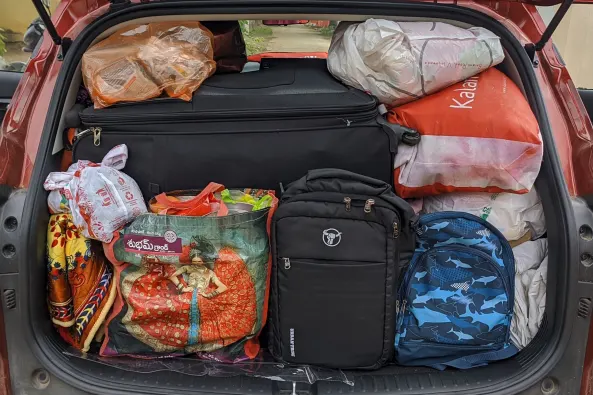
Keep Your Cool
All cars, even electric ones, rely on liquid cooling for their mechanicals. We often call that liquid antifreeze, but it’s also chemically structured to keep your engine from overheating. Again, your service schedule will tell you if and when a coolant change is needed.
That said, it’s still a good idea to pop the hood and look at the condition of your car’s coolant hoses and reservoirs. Your own two eyes can spot damage and deterioration that could lead to that stereotypical summer failure of cooling system which could result in vehicle break down.
If your air conditioner is blowing out only semi-cold air, take it to a professional for a checkup. It won’t cost you much, though actual repair costs will vary. Among the issues: If your system has a leak, you’ll just be sending the new refrigerant out into the environment.
One thing anyone can do to maximize air flow is to make sure the cabin air filter is clean. Designed to keep pollen, dust and other crud out of your car, pollen filters usually cost less than a cup of coffee.
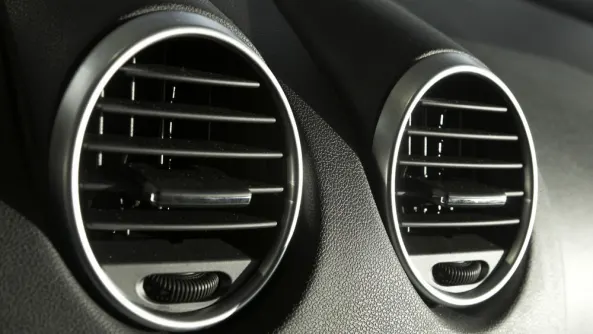

Tune Up Your Headlights
Getting the most light at night is always a good idea. But if you're headed out of town to unfamiliar and unlit back roads, it’s even more critical. So if your headlights have grown yellow and hazy with age, grab a cold beverage and a restoration kit, properly used, can improve the headlamp's total output by 30%.
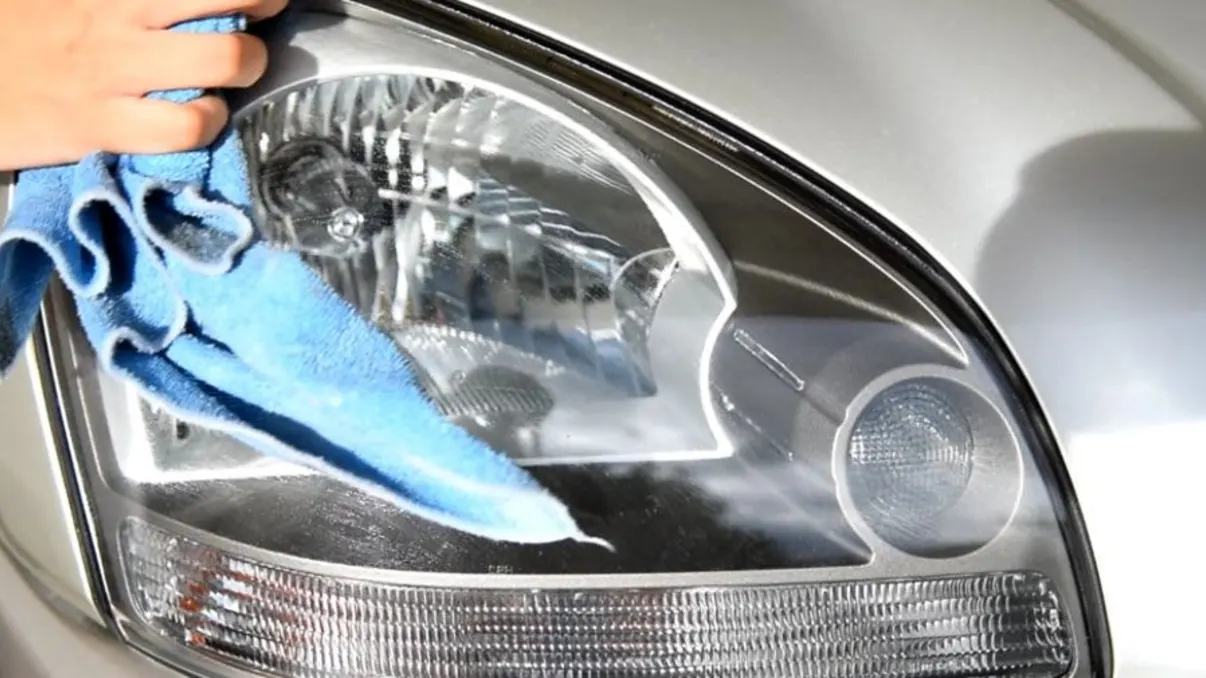
BigBoxCars Service & Tyres specialises in making sure your vehicle is safe. Come see us if you need help with any of the 5 most important things to check or any of our other services:
- Vehicle Servicing
- Road Worthy Inspection
- Tyre inspection
- Cooling system
- Air con system check
- Head light maintenance

Choose.Buy.Enjoy
A better way to buy and sell used cars.

